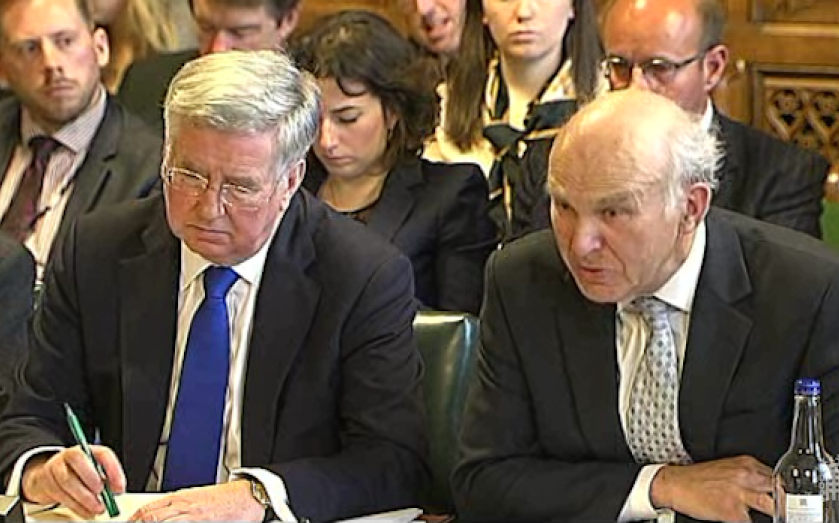Ministers defend Royal Mail sale but refuse to name priority investors

Ministers and advisers leading the Royal Mail float have insisted the sale was a success, arguing that a higher price might have imperilled the deal and that the priority investors chosen were suitable.
In his latest appearance in front of the business select committee to defend the £1.7bn Royal Mail stake sale, business secretary Vince Cable said: “Had we not succeeded with this sale, had the sale flopped… we would have been left with an asset that was valued at an estimated £1bn.”
Cable said 11 of the 19 priority investors still own their shares in the postal service, holding 60 per cent of the shares in issue. However, he refused to name them publicly, offering instead to send a confidential list to the committee.
They didn’t have to pass some sort of exam to qualify and they certainly didn’t have to make any contractual agreement…It was the nature of the type of companies that we wished to have dominating the share register, and they do.
He declined to confirm the names published by the Bureau of Investigative Journalism today, arguing they have a legal right to commercial confidentiality.
When asked whether he would say sorry for how he handled the float, Cable said: “Absolutely no apology and a recognition that hindsight is a wonderful thing about price.”
Business minister Michael Fallon said the postal service’s 38 per cent jump on the first day of trading in October was a sign of success: “Of the 43 major flotations in the last four years, 21 of them fell below the offer price on the first day.”
William Rucker, chief executive of float adviser Lazard, said that while the share sale was 15-times oversubscribed, this was not an accurate reflection of demand. Three hedge funds placed share orders worth more than $1bn each without expecting to get the entire amount, he said, so “you need to judge how much institutions are expecting to get”.
The offer was marketed to 500 institutions around the world, giving a wide range of offer prices for the stock, said Mark Russell, head of the Shareholder Executive. “Were they all gaming us, were they all colluding? I think not.”
But committee chairman Adrian Bailey said it was “absolutely Alice in Wonderland” to suggest the government got the best price on the day of the float.
And committee member Brian Binley was sceptical about threat of demand vanishing if the 330p IPO price had been increased, prompting Rucker to insist that the float might have been imperilled by a higher price.
“Don’t advise my company, then,” said Binley. “The share price movements prove you were wrong.”